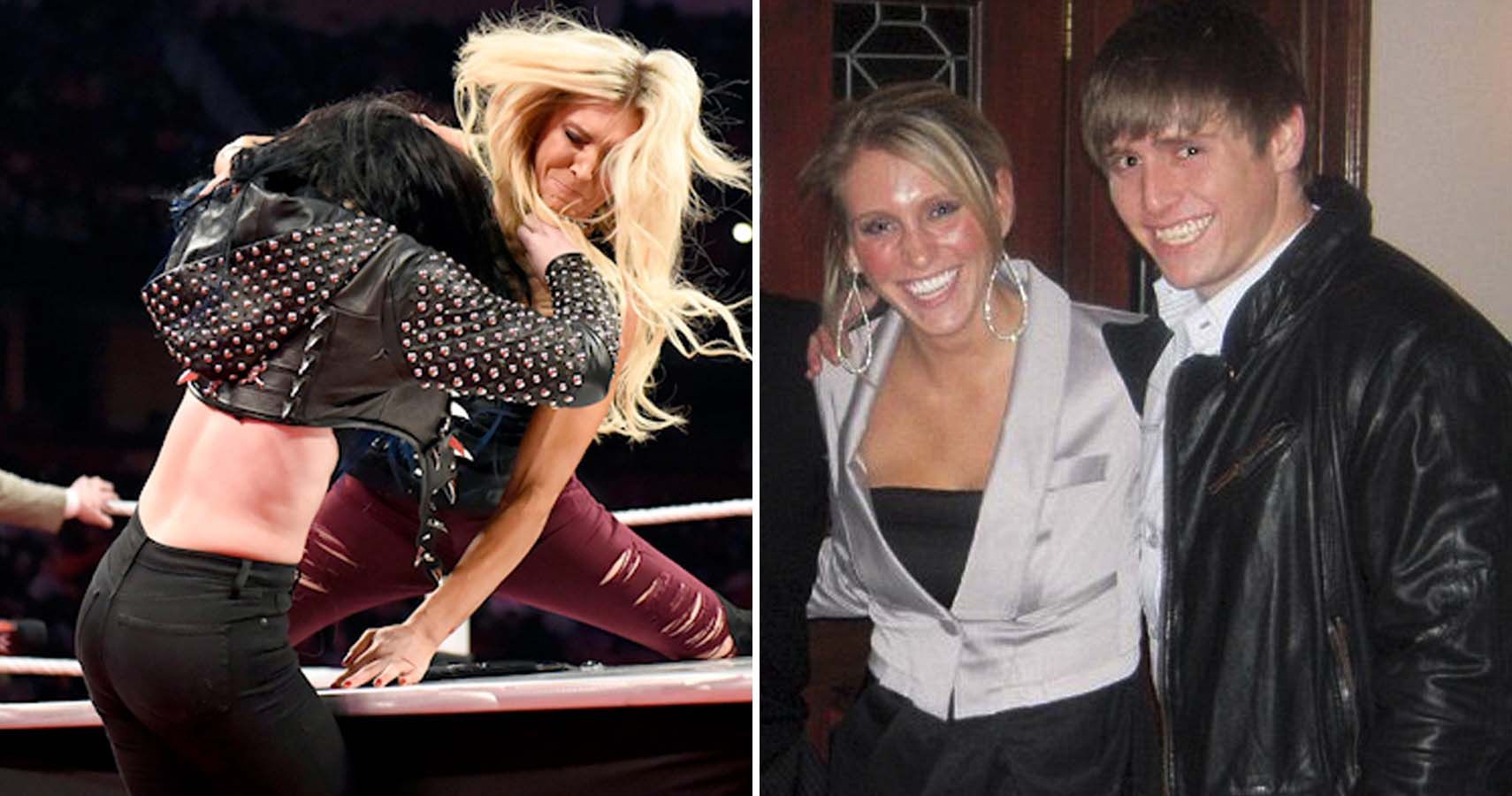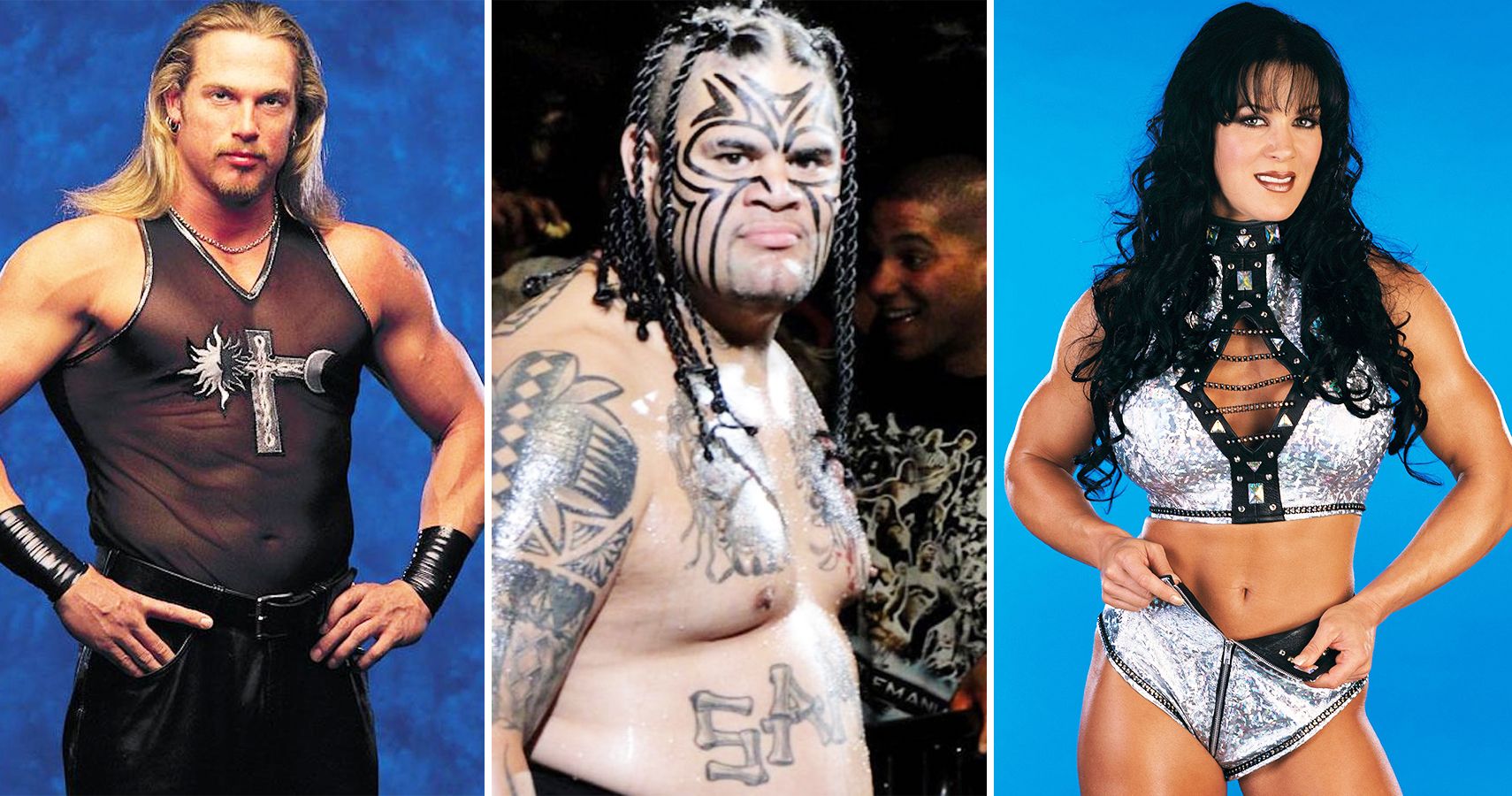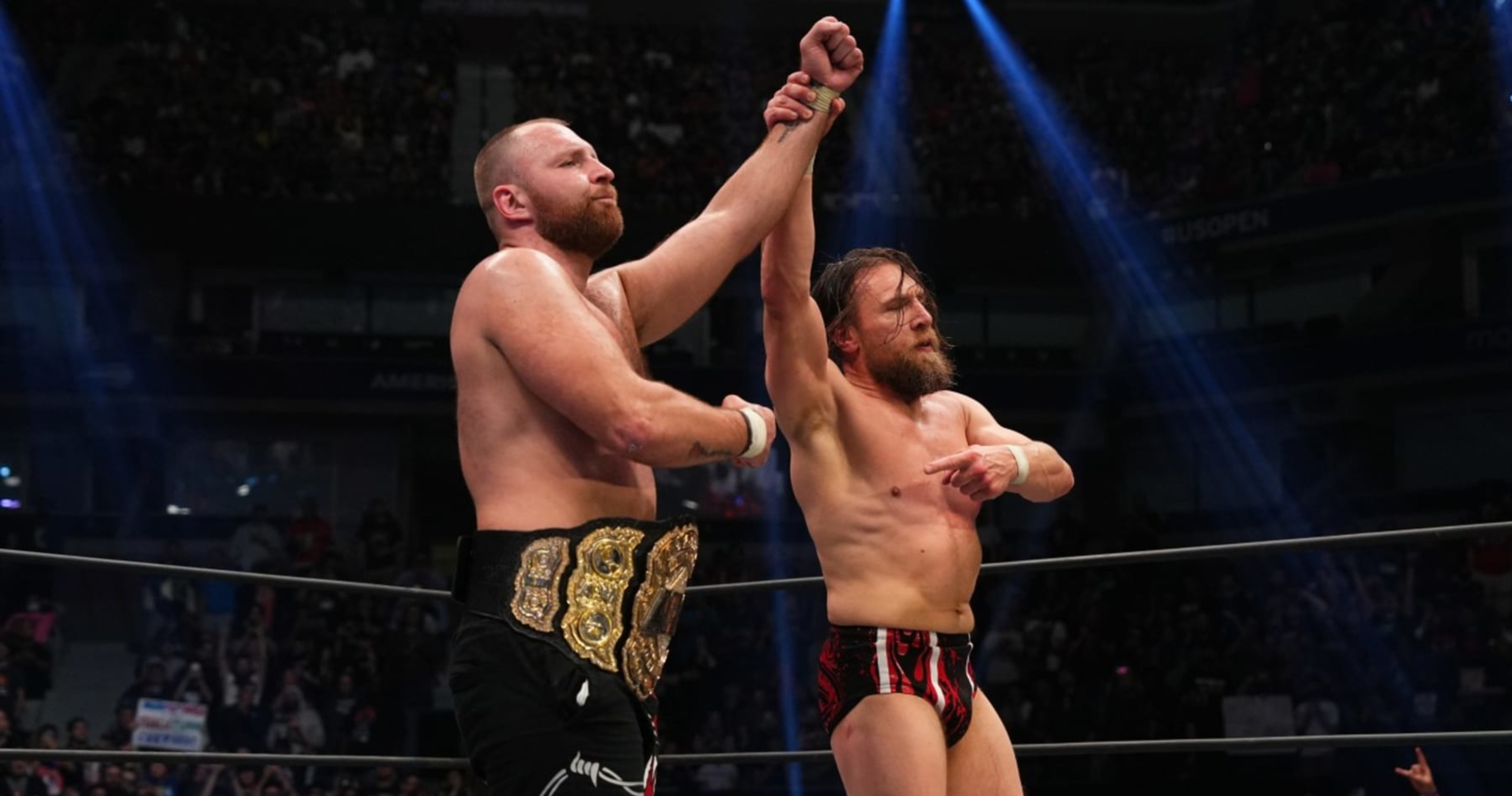Remembering Wrestling's Fallen Stars - A Lasting Legacy
When the lights dim and the final bell rings for a professional wrestler, their presence in the ring may cease, but the echoes of their incredible performances, their larger-than-life characters, and the sheer joy they brought to so many people truly live on. It's a powerful thing, this connection we feel to those who entertained us, who showed us strength and spirit, and who, in a way, invited us into their unique world. The bond between fans and these incredible athletes often runs very deep, you know, extending far beyond the ropes and the canvas.
Losing someone who gave so much of themselves to their craft, especially in such a demanding line of work, leaves a real space in our collective heart. It's a unique kind of grief, almost, because while we might not have known them personally, their stories, their triumphs, and even their struggles became part of our own memories. For many, these individuals were heroes, or perhaps even villains we loved to boo, shaping our evenings and providing moments of pure excitement.
So, when a beloved figure from the squared circle passes on, there’s often a natural desire to understand how their legacy is preserved, and how the people they left behind are looked after. It’s a bit like thinking about how a cherished story continues to be told, or how a special garden gets tended even after its original caretaker has moved on. The wrestling community, in many respects, steps up to remember and to support.
- Gene Hackman Movies In Order
- Zayn Malik Children
- Waltons Cast Now And Then
- Astrological Signs And Meanings
- How Old Is Casey Anthony
Table of Contents
How Do We Keep the Memories of Deceased Professional Wrestlers Alive?
What Support is There for Families of Deceased Professional Wrestlers?
Are There Different Ways to Offer Support to Deceased Professional Wrestlers' Families?
The Community's Enduring Care for Deceased Professional Wrestlers
The Echoes of Their Ring Journeys
Every professional wrestler's life story is, in a way, a long series of performances, both inside the ring and out. From their earliest days, learning the ropes and perhaps traveling from town to town, to their biggest moments under bright arena lights, they put in countless hours. It's almost as if their entire existence was building towards those moments where they connected with an audience. This path, quite often, involved physical sacrifices and time away from home, all for the love of the sport and the chance to entertain. Their ring journeys, you know, are full of hard work and dedication.
When one of these performers leaves us, the way their story is told and remembered can sometimes feel a bit scattered, or even incomplete. It’s like trying to gather all the pieces of a grand, sweeping play after the curtain has fallen for good. There are so many different perspectives: the fans who saw them live, the fellow wrestlers who shared the locker room, the promoters who booked their matches, and, most importantly, the family members who lived alongside them every single day. Each person holds a piece of that individual’s story, making it, in some respects, a collective effort to truly recall who they were.
It can feel a little confusing, actually, trying to piece together the full picture of someone's life, especially when they were so public, yet also held so much of their personal life private. Their income, for example, until their passing, represented the culmination of all those years of effort. That income, in turn, supported their loved ones, and it's a testament to their dedication that even their final earnings helped provide for those they cared about most. This dedication, to be honest, really speaks volumes about the people they were outside of the ring.
How Do We Keep the Memories of Deceased Professional Wrestlers Alive?
Keeping the memory of deceased professional wrestlers vibrant is something the fans and the wrestling world often take very seriously. It's not just about watching old matches, though that is a big part of it, of course. It’s also about remembering their impact, their unique style, and the feelings they stirred up in us. Think about how a special place, like a park or a garden, needs people to look after it so it stays beautiful; similarly, the memories of these performers need tending. Sometimes, it’s the big wrestling companies that put together tribute shows or special video packages.
Then there are the smaller, more personal ways, you know, that people remember. Maybe a fan group keeps an online forum active, sharing stories and pictures, or a fellow wrestler might tell anecdotes from their time together on the road. These smaller, more personal efforts are, in a way, like those local cemeteries that families look after themselves, making sure every stone is cared for. These acts of remembrance, small or large, help ensure that the contributions of deceased professional wrestlers are not forgotten. It’s a continuous effort, really, to keep their spirit present.
For example, sometimes there are ways to update public records or accounts connected to a deceased wrestler, like a fan club membership or a social media page. This ensures that their public presence, their digital footprint, if you will, reflects their passing respectfully. It's a simple, yet important, step to make sure that their public identity remains accurate and honored. This process, in some respects, helps manage their lasting image.
Who Steps Up for Their Loved Ones?
When a professional wrestler passes away, their families often face a sudden and difficult period, not just emotionally, but sometimes financially as well. It’s a bit like when someone who was the main provider for a household is suddenly gone; the people left behind might need some help to keep things going. This is where the wrestling community, along with various support systems, often steps in. It's honestly a very human response to a tough situation.
Often, the spouse or children of the deceased professional wrestler become the primary focus of this support. They were the ones who shared a home, who perhaps traveled with them, or who simply waited for them to return from long tours. These individuals, you know, are the ones who truly feel the daily absence. There are organizations and charities specifically set up to help wrestling families during these trying times, providing a source of income or assistance with various needs. This kind of help is, in a way, a lifeline.
Sometimes, even the parents of a deceased wrestler might receive assistance, especially if their son or daughter was helping to support them. It’s a situation that shows how interconnected lives can be, and how the impact of one person’s career can reach out to many others in their family circle. This collective support, you know, really shows the heart of the wrestling world.
What Support is There for Families of Deceased Professional Wrestlers?
Support for families of deceased professional wrestlers can take various forms, much like how different kinds of benefits might exist for people from other walks of life. The most direct forms often involve financial help, aiming to replace some of the earnings that are no longer coming in. This kind of help provides a source of income, which can be absolutely vital for basic needs and maintaining some sense of stability during a time of immense change. It's really about ensuring that the family can keep moving forward.
For example, if a wrestler had contributed to certain benefit programs, their surviving spouse or children might be able to collect ongoing payments. These payments are often based on what the deceased person earned during their career. The percentage of what they receive can change depending on various factors, like the age of the surviving family member when they start collecting, or the specific rules of the program. It’s a bit like how a percentage might rise incrementally for each year someone works; similarly, benefits might adjust based on different life circumstances.
It’s worth noting that the rules for these types of benefits can be a little different depending on the specific program or organization involved. Some groups might have one set of guidelines, while others might use a different scale for determining how much support is given. This means that what one family receives could be somewhat different from what another family gets, even if the circumstances seem similar. This variability, to be honest, just means each situation is handled on its own terms.
How Can We Best Honor Their Ring Contributions?
Honoring the ring contributions of deceased professional wrestlers goes beyond just remembering their famous moves or championship wins. It’s about recognizing the sheer dedication they poured into their craft, the way they connected with audiences, and the unique mark they left on the sport. This means acknowledging the full scope of their work, from the earliest matches to their final appearances. Every bit of income they earned until their passing, for instance, represents that dedication, and it's a way of looking at their life's work.
One way to honor them is to ensure their stories are told accurately and respectfully. This could mean documenting their careers, perhaps through interviews with those who knew them, or creating archives of their matches and promos. It’s a bit like making sure all the records are in order for a financial return; you want to capture the full picture of their contributions. The goal is to make sure that future generations can appreciate the impact these individuals had on wrestling.
Furthermore, supporting the families they left behind is, in a very real sense, a way of honoring the wrestlers themselves. When their loved ones are cared for, it reflects positively on the legacy of the person who passed. This kind of support helps to replace lost earnings and meet basic needs, which, in turn, allows the family to focus on grieving and remembering, rather than struggling. It’s a practical way, you know, to show respect for the person's life and work.
What Becomes of Their Public Identity?
When a professional wrestler passes away, their public identity, the persona they built and presented to the world, doesn't just disappear. It continues to exist in the minds of fans, in recorded matches, and in the history books of the sport. But there are also practical considerations, like managing their public accounts or ensuring that official records reflect their passing. For instance, if there’s a public fan page or a social media presence, steps might be taken to update it, making sure it serves as a respectful memorial.
This process can sometimes feel a bit like tidying up after someone has moved on, making sure everything is in its proper place. It’s about recognizing that while the person is gone, their public image and the way they interacted with the world still have a presence. For example, if someone had a membership with a public organization, there are often ways to update that account to reflect their deceased status. This helps to keep things clear and respectful.
Sometimes, the responsibility for these updates falls to family members, or to the organizations that managed the wrestler’s career. It’s a way of ensuring that their public image remains consistent with the reality of their passing, while also preserving their legacy. This attention to detail, you know, is a quiet but important way to honor their memory.
Are There Different Ways to Offer Support to Deceased Professional Wrestlers' Families?
Yes, there are indeed different ways to offer support to the families of deceased professional wrestlers, and these methods can vary quite a bit. Just like how different government agencies might have different scales for benefits, various wrestling charities, fan initiatives, or even individual efforts can provide help in their own ways. Some support might come as direct financial payments, designed to help cover daily expenses. This type of assistance is, in a way, very immediate and practical.
Other forms of support might be more about long-term care or specific needs. For example, some organizations might focus on helping with medical bills that arose before the wrestler passed, or they might assist with educational costs for their children. These efforts are often tailored to the unique circumstances of each family, recognizing that not everyone needs the exact same kind of help. It's about meeting people where they are, essentially.
Then there’s the non-financial support, which is just as important. This could involve offering emotional comfort, helping with administrative tasks, or simply being a listening ear. Sometimes, the most valuable thing you can give is your time and compassion. This kind of community backing, you know, really strengthens the fabric of the wrestling family.
The Community's Enduring Care for Deceased Professional Wrestlers
The wrestling community, from the biggest promotions to the smallest fan groups, often shows a truly enduring care for deceased professional wrestlers and their families. It’s a powerful demonstration of loyalty and respect for those who dedicated their lives to entertaining us. This care can manifest in many forms, from formal charitable foundations to informal networks of support among fellow performers and fans. It's a collective effort, really, to make sure no one is forgotten.
When a beloved figure passes, there’s often a very immediate outpouring of tributes and shared memories. This initial wave of remembrance is crucial, but the lasting care is what truly makes a difference. It’s about understanding that the impact of a wrestler's life continues long after they are gone, and that their loved ones might need ongoing support. This commitment to long-term care is, in some respects, a hallmark of the wrestling world.
Ultimately, the process of honoring and supporting the families of deceased professional wrestlers is a continuous one. It involves remembering their incredible contributions, providing practical help to those they left behind, and ensuring their legacy remains a vibrant part of wrestling history. This ongoing dedication, you know, truly speaks to the heart of the community.
- Lib Reunion Season 6
- Halsey Engaged To Avan Jogia
- Mister Rogers And Me
- Kanye And Teyana Taylor
- Glove Brush Cat

15 Deceased Wrestlers The WWE Disrespected

15 Deceased Wrestlers WWE Never Seems To Mention

Ranking the 10 Most Important Wrestlers in WWE and AEW Right Now | News